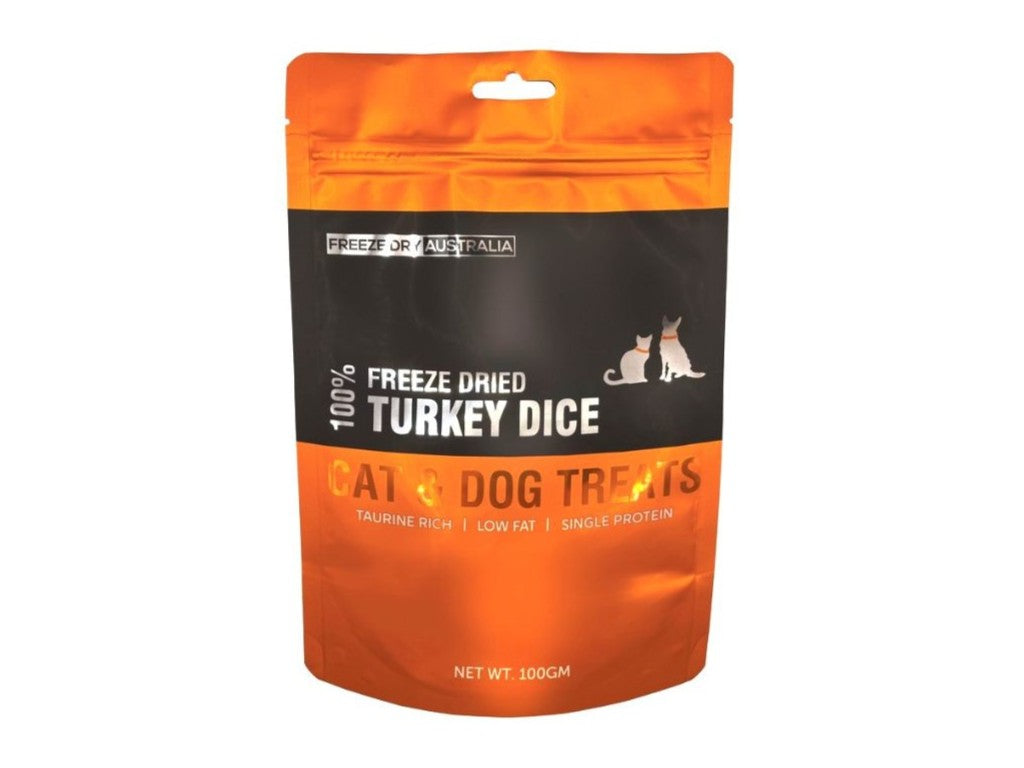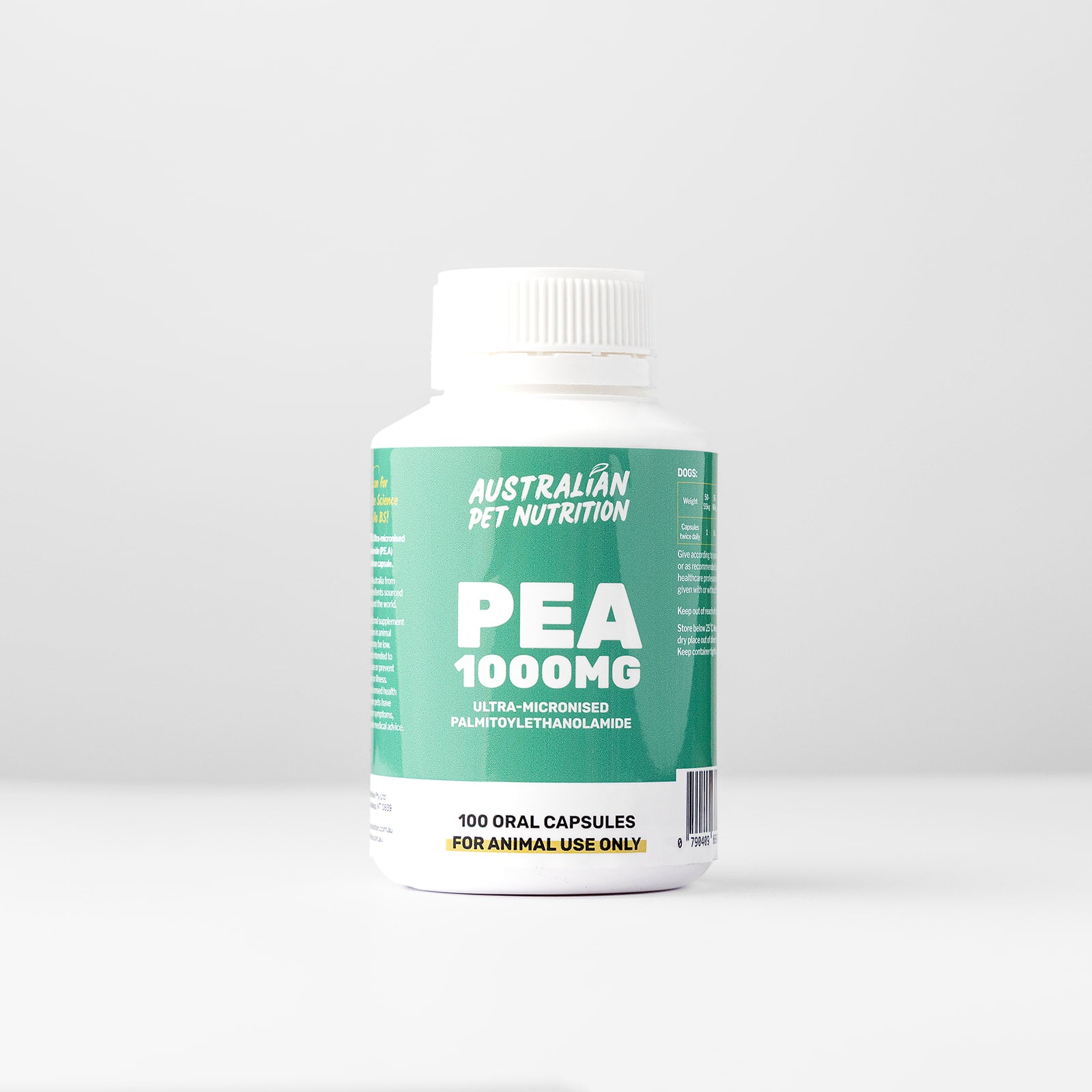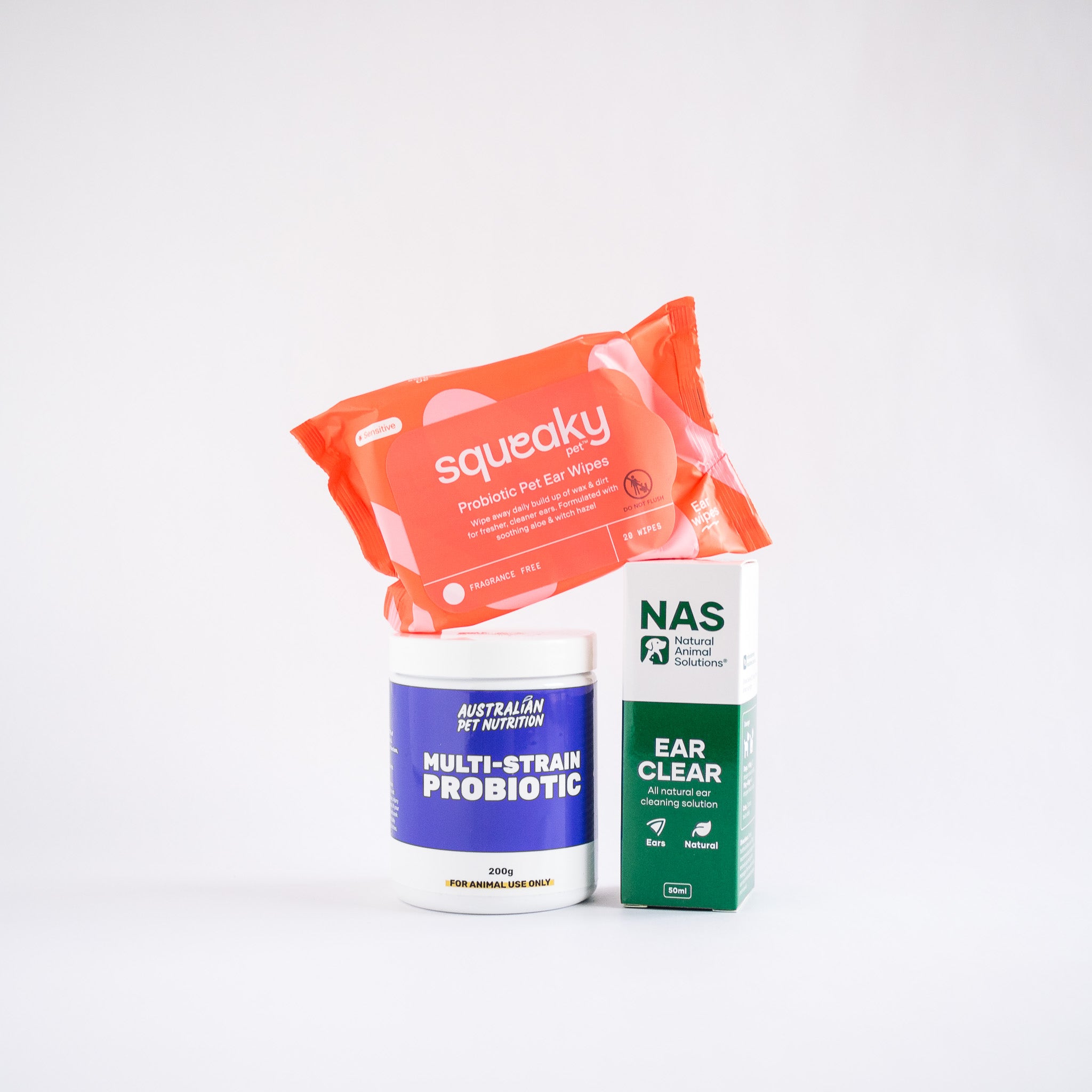80% of Dogs Have Gum Disease by Age 3 - Why Kibble Isn’t Cleaning Your Pet’s Teeth
Periodontal disease is one of the most common health problems in pets today. In fact, according to the Australian and American Veterinary Dental Societies, more than 80% of dogs and 70% of cats show signs of gum disease by the age of three.
So what changed? The rise of processed pet food.
Why Kibble Isn’t the Answer
For decades, the pet food industry — and by extension, many veterinarians — have promoted dry food (kibble) as the best way to keep pets’ teeth clean. Unfortunately, this couldn’t be further from the truth.
Dogs and cats have mouths designed to rip and tear raw meat, cartilage, and sinew, and to crunch through raw bone. Suggesting kibble keeps teeth clean is a bit like saying humans can skip brushing and flossing if they just eat pretzels — it sounds good, but it doesn’t work.
When pets crunch biscuits, they crack them like we crack nuts. The food doesn’t scrape along the teeth to “brush” them. Instead, it turns into a sticky paste that clings to the teeth and gums.
The Problem with Carbs and Dental Chews
Most processed pet foods are high in carbohydrates and starches, which break down into sugars in the mouth. Mixed with saliva, this sugary debris sticks between the teeth and gums, feeding bacteria. Over time, this leads to plaque, tartar, and eventually gum disease.
And what about “dental chews”? While marketed as beneficial, most commercial options (even those sold by vets) are highly processed and often contain undesirable ingredients such as wheat starch, humectants, cereals, sodium tripolyphosphate, sugar and glycerin. They may freshen breath temporarily, but they don’t address the root of the problem.

Nature’s Toothbrush: Raw Meaty Bones
The best dental care is the one nature intended: raw meaty bones.
• Raw meaty bones and cartilage provide mechanical cleaning, scraping away plaque and tartar as pets chew.
• They also satisfy natural instincts and support overall wellbeing including mental health.
• Size matters: bones should be chosen appropriately for your dog or cat.
• Avoid marrow bones as they are too hard being a weight-bearing bone and cause tooth chips and fractures.
• For cats, chicken wing-tips, necks and feet are excellent options.
• Never feed cooked bones — they can splinter and cause serious injury.
Alternatives for Pets Who Don’t Eat Bones
Some pets won’t eat raw bones, prefer to bury them, or owners may feel uncomfortable feeding them. In that case, there are still natural options:
-
Chews and treats – Some air-dried, natural chews can help reduce plaque.
-
Daily dental supplements like Simply Seaweed, NAS Dental Powder or Houndztooth Breath & Oral Health – natural supplements that can be added to food daily to support oral health.
-
Brushing – If your pet tolerates it, brushing is highly effective. We recommend a soft toothbrush and natural toothpaste made for dogs.
Final Thoughts
Good oral health is about more than fresh breath — gum disease can affect your pet’s overall wellbeing. Processed food and dental chews simply don’t solve the problem. Raw meaty bones, natural chews, and daily care provide a safer, more effective path to healthy teeth and gums.
References
-
Gallagher, L. (2013). The Effect of Dental Products and Natural Chews on Canine Oral Bacteria. Rutgers University.
-
Marx, F. R., Machado, G. S., Pezzali, J. G., et al. (2016). Raw beef bones as chewing items to reduce dental calculus in Beagle dogs. Australian Veterinary Journal.
-
Pinto, C. F. D., Lehr, W., Pignone, V. N., et al. (2020). Evaluation of teeth injuries in Beagle dogs caused by autoclaved beef bones used as a chewing item to remove dental calculus. PLOS ONE.
-
van Veggel, N., & Armstrong, M. (2017). In Dogs with Periodontal Disease, Is Feeding a Complete Raw Meat Diet More Effective Than a Complete Kibble ‘Dental’ Diet at Reducing Periodontal Disease? Veterinary Evidence.








